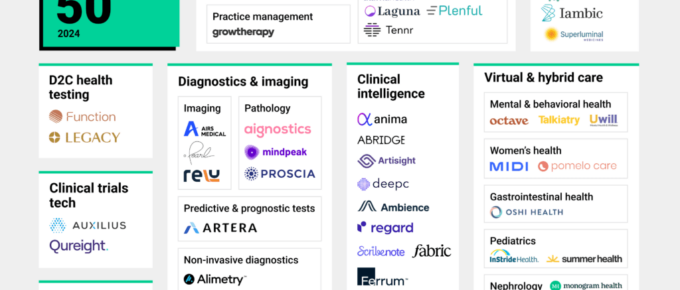y Sean Collins With the advent of a new trump presidency in the air, there is a mad scramble for business and personal assets alike to be in a position for optimization of the digital economy. …
Continue Reading about 5 People to Know in the Current Cryptocurrency Bull Run →





